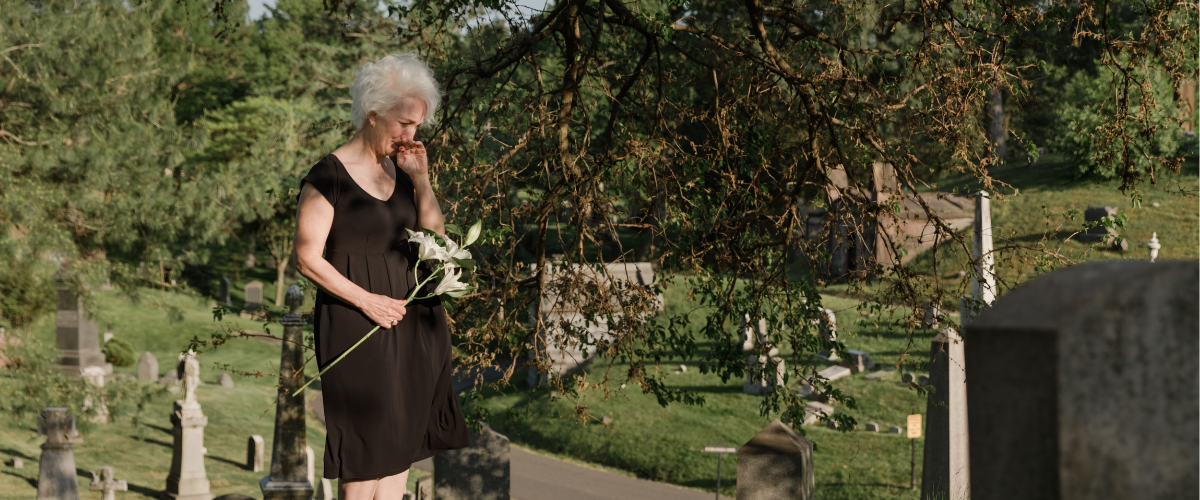
Best Christmas Gift Ideas for Seniors
Getting gifts for your elderly loved ones may feel like a daunting task. Seniors cherish gifts that offer sentimental value and bring them closer to their loved ones. We share some of the best Christmas ideas for seniors that will surely bring a smile to their faces this holiday season.









